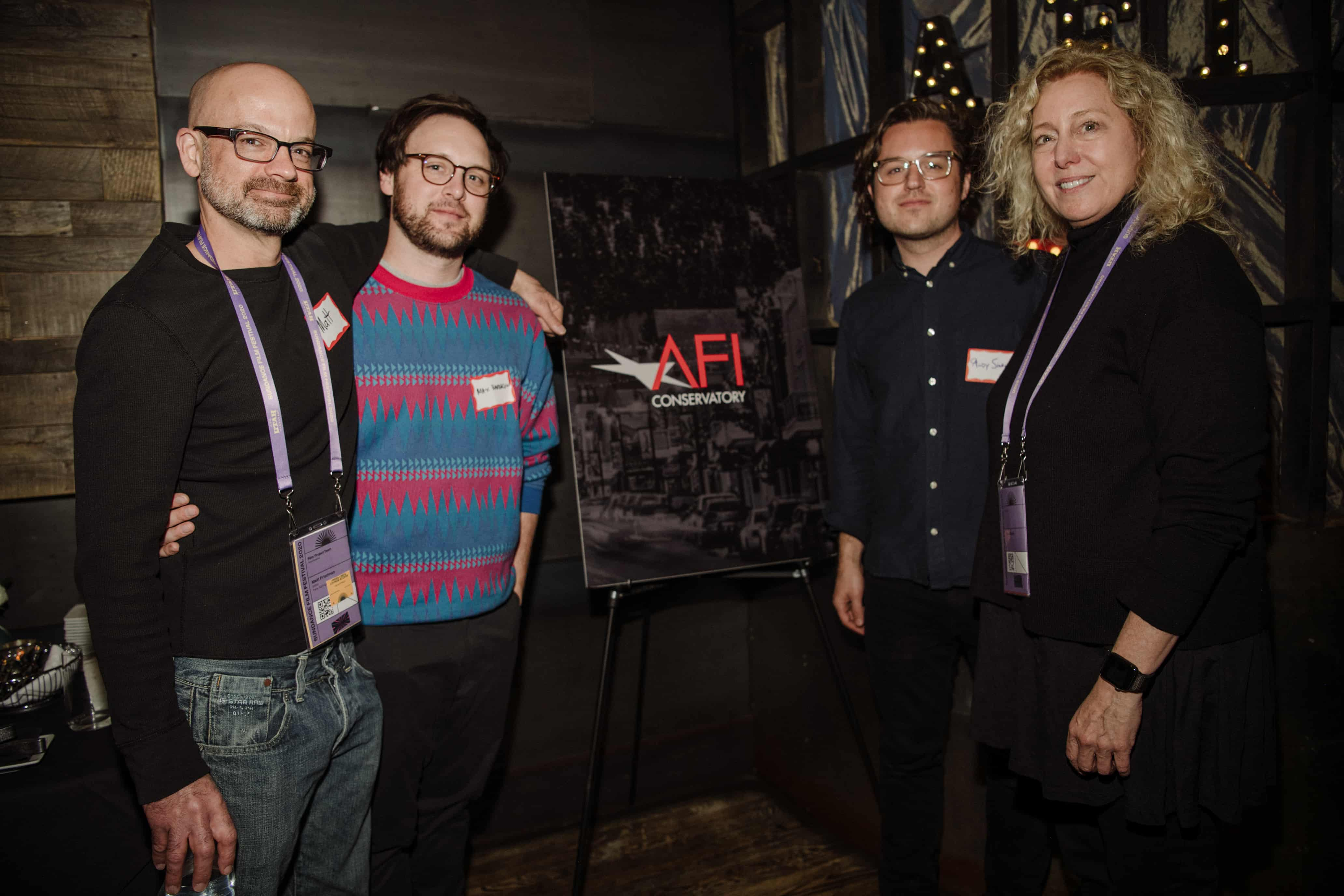AFI
I began teaching at AFI over ten years ago, first mentoring second year Masters’ candidates as they edited their thesis films. When Donn Cambern retired, the Vice Dean asked me to take over his class. I agreed, even though it was absolutely terrifying because, well, Donn Cambern! “Who am I,” I kept thinking.
I had no idea what I was getting myself into. Not because it was hard work (though it is), but because I completely didn’t understand is how teaching would make me a so much better an editor.
Prior to AFI, I had thought of my job as intuitive. Rhythmic. I didn’t really know why I would do the things I would do when editing. I just knew when something didn’t feel right, and I would poke at it until it did. But now, every year I had to stand up and explain to fourteen new faces why I was doing what I was doing. Why that cut didn’t feel good. Why that performance felt flat. Why people laughed at this but not at that. Fortunately for me, in teaching young editors, it turned out that I would learn as much as they.
I teach Thesis Editing Workshop. In my class, we screen each editor and director's thesis film at three points along the post process: assembly, director’s cut, and “last looks” before picture lock. We talk about the films in class, find the moments that aren’t working, and brainstorm on what we can do to fix them. Then after the discussion, we go in and actually edit.
I do this process with around 20 films a year, so I was thrown into the situation where I had ample opportunity to figure out how to explain the fine points of editing. At first I winged it… I would explain out loud to myself as much as the class as I poked around on the films. After teaching 5 years or so, I finally realized that it all really boiled down to just three words. My entire editing philosophy in one sentence: “Every frame matters.”
Take editing comedy as just one single example. In the past, I had simply intuited good comedic timing. But being forced to explain it, I came to learn that one of the main reasons humans laugh is when we have an expectation of what’s coming next, and then that expectation is broken. When editing jokes, you deliver the setup, but then you pause for a beat so the audience can form the expectation of what’s coming next. Then you break it. If your beat before the punchline is too short, the audience doesn’t have a chance to form the expectation, and the joke isn’t funny. If your beat is too long, the audience, understanding that they are watching a comedy, will start to question their own expectation, blunting the comedic reaction to the punchline. We’re not talking a matter of seconds here. Frames. Frames can make or break a joke. And Every Frame Matters.
That’s just one example. When you’re dealing with 20 films a year, you get to see A LOT. And I’ve learned A LOT. Performance. Stakes. Clarity. Emotion. Conflict. Rhythm. Pacing. Storytelling. But it all comes down the the same thing, in one way or another. Every Frame Matters.
